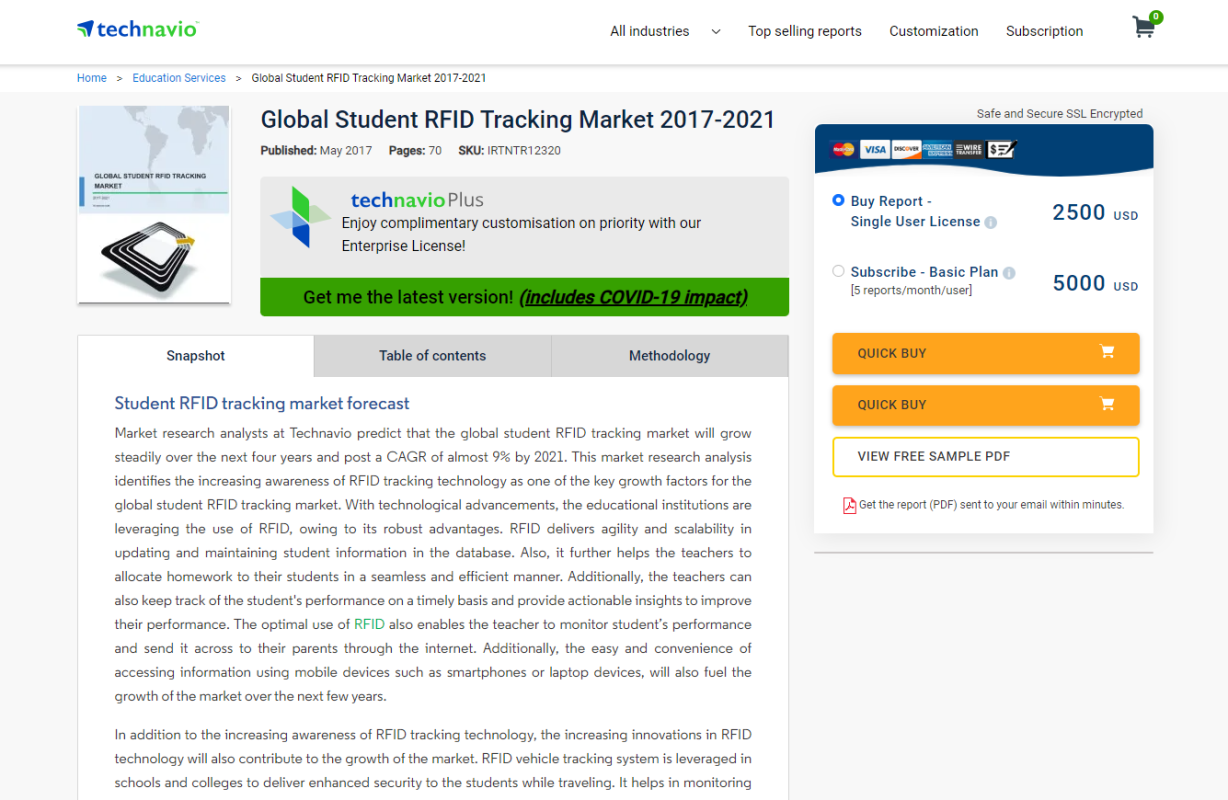
The global student RFID tracking market is poised for consistent growth, with a predicted CAGR of nearly 9% by 2021, driven by heightened awareness of RFID technology. Educational institutions are increasingly leveraging RFID for its agility and scalability in managing student information, streamlining homework allocation, and providing real-time performance tracking with actionable insights. RFID’s integration with mobile devices further fuels market expansion.
Innovations in RFID technology, including vehicle tracking systems and GPRS-based attendance management, contribute significantly to market growth. These advancements enhance student security during travel and provide instant parental notifications for attendance. The market’s competitive landscape is marked by fragmentation, with key players emphasizing innovation, quality, technology, and pricing to maintain market presence. Technological advances and product line extensions are expected to intensify competition among vendors.
Leading vendors such as Northstar, GAO RFID, Coresonant, and DominateRFID, along with other notable players like Child Safety India, Datalogic, Card Tec, Pulse Seventeen, Seon, and STECH ID Solutions, contribute to the market’s diversity. The market is segmented by end-user into K-12 and higher education, with the latter dominating in 2016 due to increased demand from universities for efficient student and staff management, coupled with the need for frequent attendance monitoring.
Geographically, North America held a significant market share in 2016, driven by the imperative to enhance student safety across education levels. The region’s growth is further supported by numerous educational institutions and a heightened focus on attendance monitoring. The report addresses key aspects such as market size, growth projections, driving factors, challenges, and trends, with a focus on APAC, Europe, and North America. Technavio also offers report customization based on client-specific requirements.
